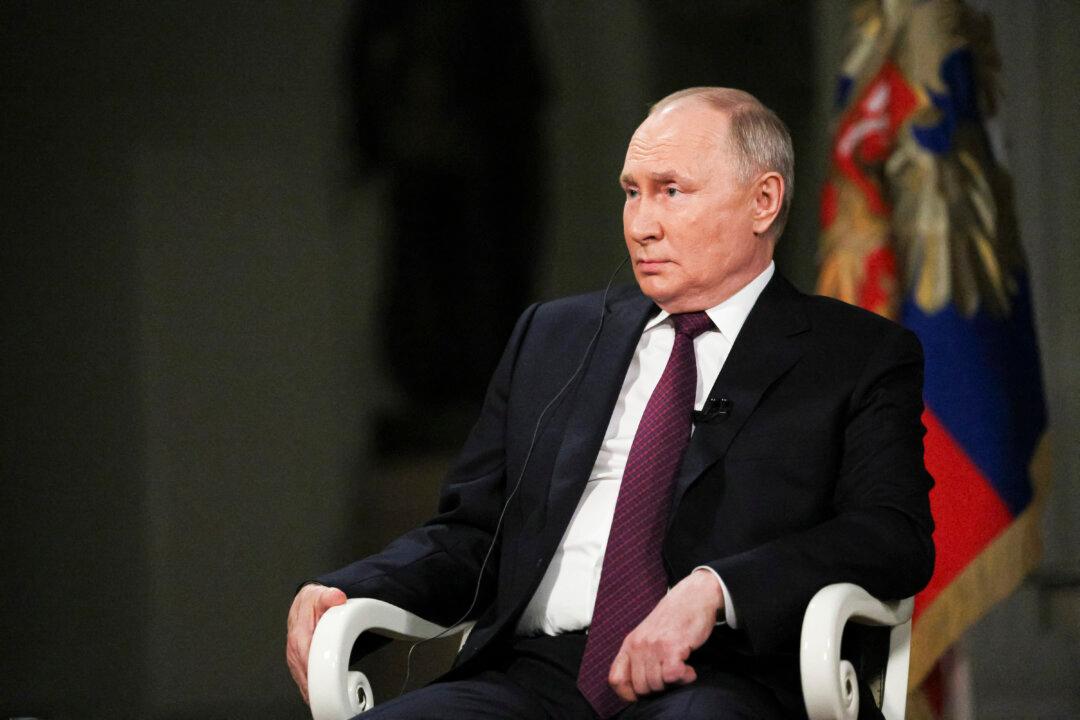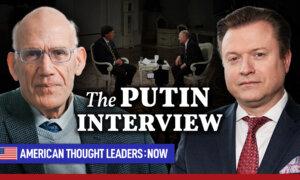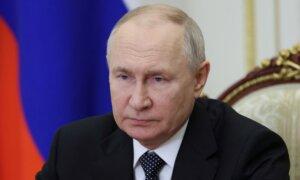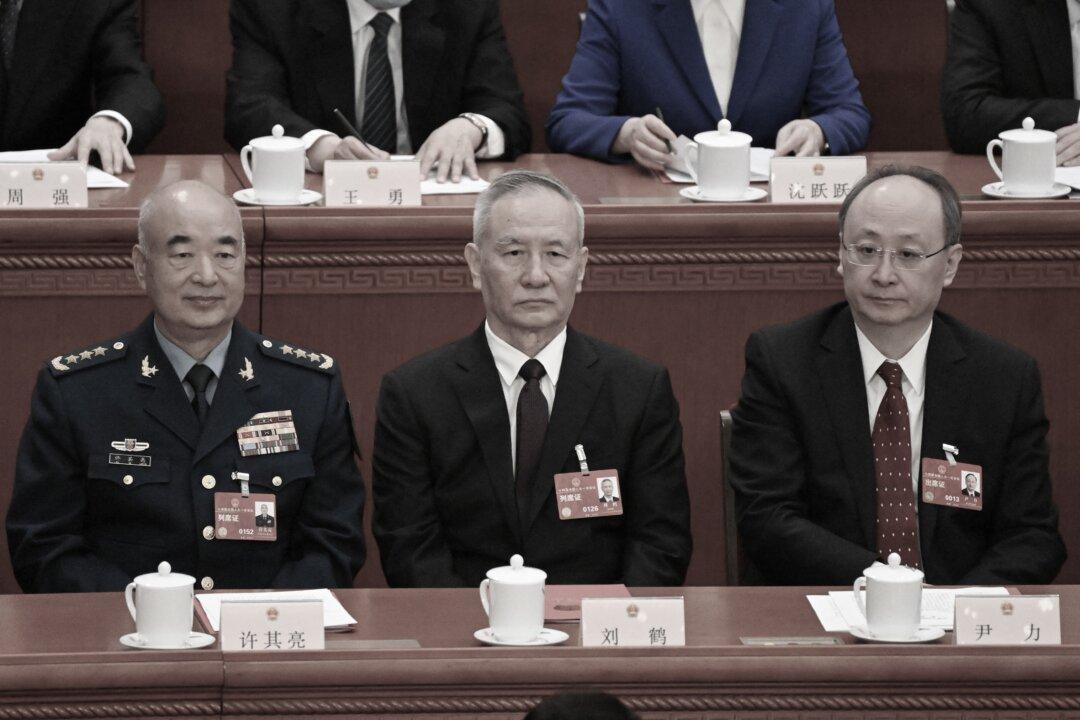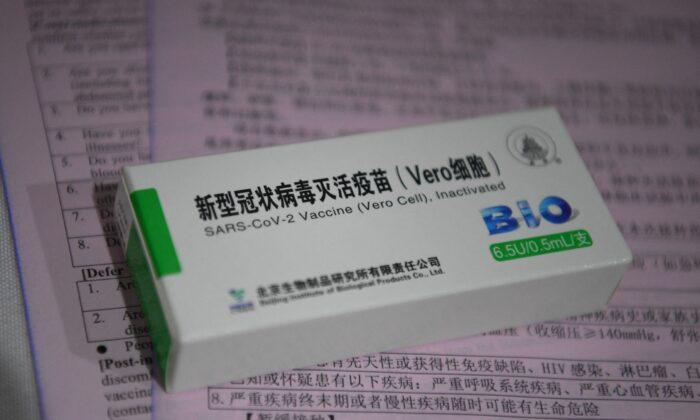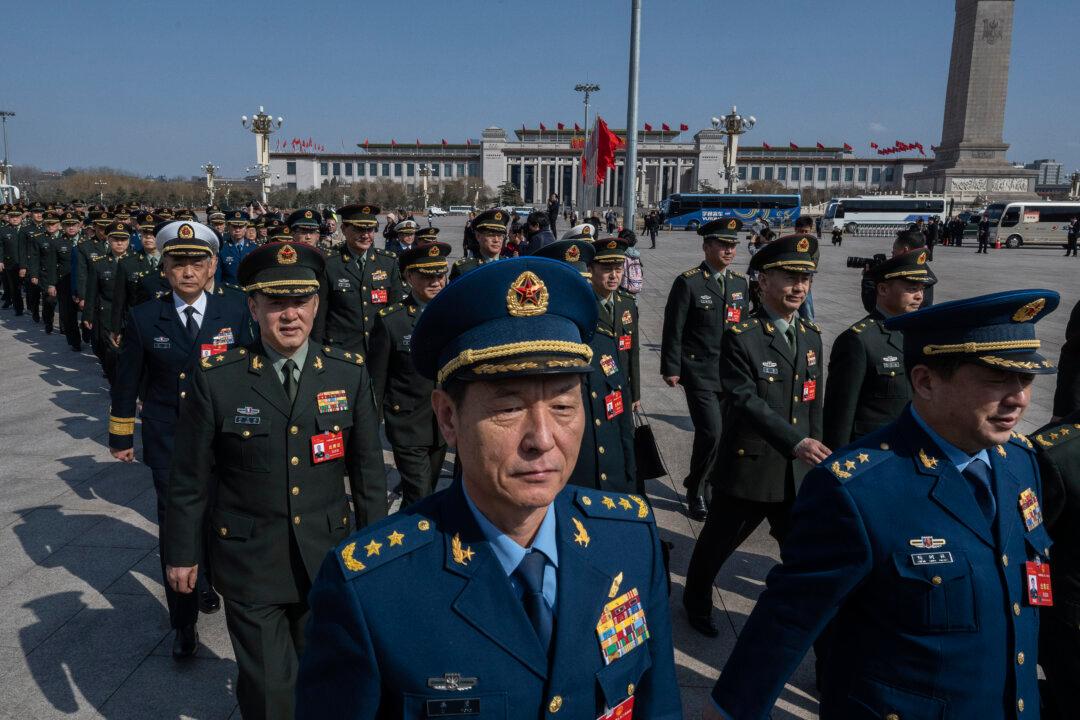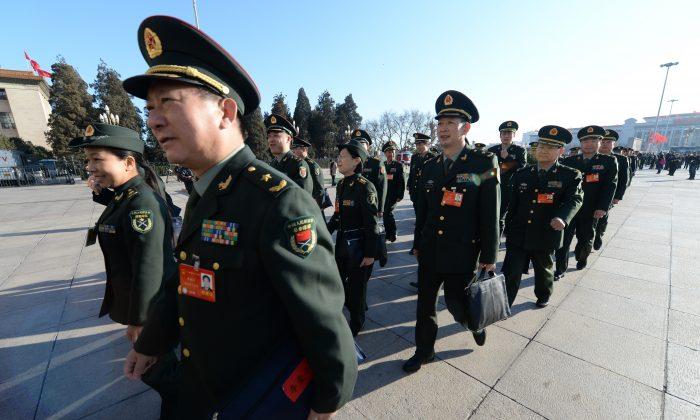In a recent interview, Russian President Putin’s hint that China, rather than Russia, is the West’s biggest threat reveals the nature of the China-Russian relation, which is mutual exploitation, according to a political analyst.
Carlson mentioned that many Americans had anticipated that after the dissolution of the Soviet Union, U.S.-Russian relations would normalize, but the reality turned out to be quite the opposite. The West expresses concern about a powerful Russia but does not seem to have the same level of worry about a powerful communist China.
In response, Putin stated that in terms of population and economic size, Russia lags far behind China, and the threat posed by China far exceeds that of Russia.
“The West is afraid of a strong China more than it fears a strong Russia because Russia has 150 million people, and China has a 1.5 billion population, and its economy is growing by leaps and bounds—over five percent a year, it used to be even more,” he said.
“China’s potential is enormous—it is the biggest economy in the world today in terms of purchasing power parity and the size of the economy. It has already overtaken the United States quite a long time ago, and it is growing at a rapid clip.”
Putin mentioned that after 1991, Russia expected to be taken into the fraternal family of “civilized peoples” and even sought to join NATO but was rejected. He emphasized that Russia has a “market economy” and “no power of the Communist Party.”
The Russian president also mentioned that Russia and China are neighbors.
“We are neighbors with China. You cannot choose neighbors, just as you cannot choose close relatives,” he said.
China-Russia Relation is Mutual Exploitation
In the view of U.S.-based political commentator Chen Pokong, Putin’s remarks in the interview revealed the essence of the China-Russia relationship.The China-Russia relationship is essentially one of mutual exploitation. Whenever there is an opportunity, both sides may abandon each other and turn to the West, Mr. Chen told the Chinese edition of The Epoch Times On Feb. 14.
Putin clearly understands that his invasion of Ukraine was encouraged, supported, and endorsed by Xi Jinping, he said. However, seeing that the Russia-Ukraine war had entered a protracted state with no possibility of victory, Xi moved to seek to ease relations with the United States. He knows that offending the United States is tantamount to offending the whole world. Once subjected to U.S. sanctions, it will attract sanctions from many countries. Therefore, Xi is eager to ease China-U.S. relations, according to Mr. Chen.
“Putin also saw this, so he took the chance to express his thoughts during the interview with Carlson,” Mr. Chen said. “On the surface, his relationship with Xi Jinping appears to be good, but it’s just a formality. He doesn’t want to break ties with Xi Jinping.”
“He then talked about the essence of global issues, stating that China’s population is ten times larger than Russia’s, and China far surpasses Russia in economic strength. For the United States and the West, the real threat is not Russia, but Communist China.”
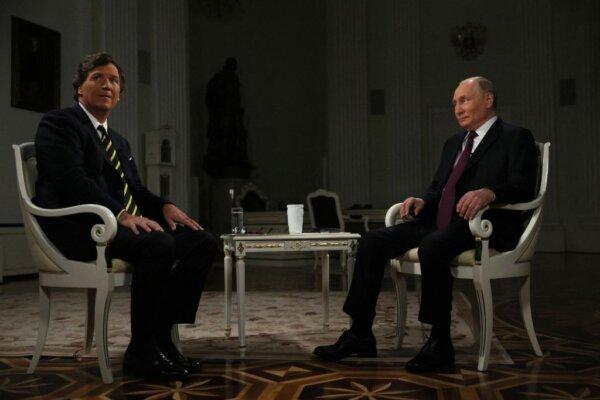
Mr. Chen takes Putin’s words as a clear statement that Russia and the CCP are mutually using each other as bargaining chips and a card to play.
Trump Vows to Ally with Russia to Counter CCP
Since the Republican primaries for the 2024 presidential election, former President Donald Trump has been leading the pack and is among the most popular candidates.However, President Trump publicly expressed admiration for Putin multiple times, triggering domestic concern.
In April 2019, the released investigation results failed to establish evidence of President Trump’s collusion with Russia.
Mr. Chen believes that when President Trump was president, he planned to ease U.S.-Russia relations and promote a strategy allying with Russia to counter the CCP. However, due to the “Spygate” incident, this plan was delayed. Later came the regime change and significant events such as Russia’s invasion of Ukraine.
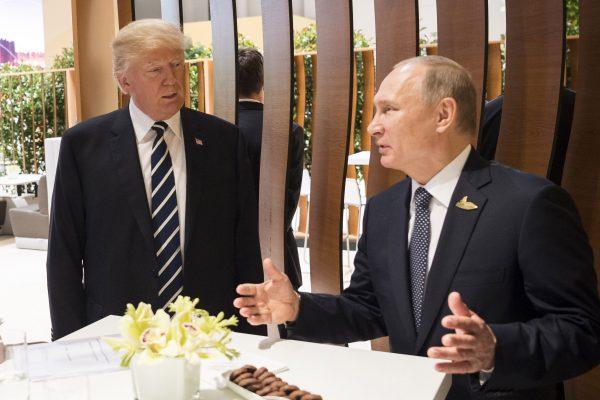
“So at this time, Putin has numerous calculations,” he said, noting that Xi Jinping and Putin had a phone call before the Chinese New Year. Yet, unusually, neither of them mentioned the ‘change that hasn’t been seen in a century,' a China-Russia theme Xi had been selling all along.
“Now it seems that China and Russia each have their own plans and are willing to turn to the United States and the West, wanting to knock each other down or use each other as stepping stones or shields. In this situation, the China-Russia alliance has already collapsed. The cornerstone of the alliance is loosening. Despite the surface harmony, China and Russia have underlying conflicts, each calculating for their own interests. Once there is a chance, they will fly solo. Therefore, it is against this background that Putin’s statement was made.”
Regarding the direction of Sino-Russian relations, Mr. Chen predicted that both sides will maintain a superficial cooperation, because when they cannot gain leverage from the West and relations cannot be eased, they still need to closely ally to counter the West jointly. However, if either side’s relationship with the West improves, the other side will feel nervous.
“Therefore, Sino-Russian relations are likely to become increasingly relaxed,” he said. “This loosening will not happen overnight. Whether it’s the improvement of relations with the West or the loosening and disintegrating of Sino-Russian relations, it will take a period of open and hidden struggles, but the overall trend will not change.”
